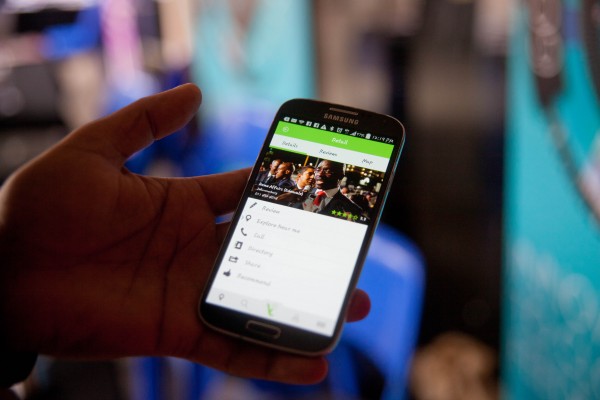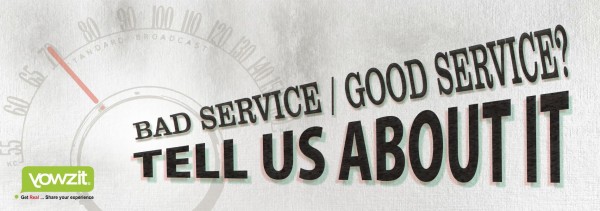Yowzit, an Internet and mobile platform that aggregates crowd-sourced reviews of selected businesses, has extended its reach to the public sector with the support of Making All Voices Count.
As reported in IT Web, the platform was recognized as one of 28 initiatives that have the potential to make a difference in the developing world by amplifying the voices of citizens.
Originally launched in 2011 as a tool for the private sector, Yowzit has since become the leading review platform in South Africa and with the extension of gov.yowzit.com, Yowzit now allows citizens to rate and review government services. Co-founder Pramod Mohanlal explains:
South Africans often find it hard to find reliable information or draw attention to particularly weak or high quality service. Our platform not only allows them to easily share views and stay informed, but enables government actors to access this information, monitor and benchmark performance, and identify gaps in service.
In July, a pilot was launched focussed on the Home Affairs and Post Office. As Pramod explains, these were chosen as they “touch the lives of every citizen with multiple interactions on an annual basis.” The platform now extends into areas such as police stations, parks, health services, airports and beyond.
The Making All Voices Count initiative aims to engage unconventional actors in the process of transforming citizen-state relations, and is focussed on soliciting new ideas, brokering partnerships and developing the capacity of funded partners.
“The mentoring and learning provided by the programme has been eye-opening,” says Pramod. “We know the tech and private sector well, but will benefit from our mentoring through VNG on how to further engage government and demand action.”
At Making All Voices Count’s Learning Week, we developed a much deeper understanding of the programme’s goals and realised our own limitations. As yet, we’re not completely inclusive; we can’t expect someone in a rural area, who doesn’t have access to mobile and where literacy levels are low, to come online and do a rating. We will therefore need to explore how we can adapt, and what partnerships we need to build.
As Making All Voices Count’s Director Marjan Besuijen explains, “developments in technology and innovation have changed the way society interacts, and yet opportunities for citizens to have a say in how their country is run, is often limited to 19th century timescales.”
Our programme is aimed at harnessing the potential of new technologies, such as Yowzit, to improve the lives of citizens by amplifying their voices and securing more responsive, accountable governance.
There are no “ready made” solutions to improve this relationship, and no one solution will fit each context. In response, Making All Voices Count has developed a unique approach to finding and funding partners,and is mandated to take risks, think “outside the box” and solicit new ideas.
On November 23 at the the CIVICUS International Civil Society Week, Making All Voices Count will invite Yowzit, along with funded partners The Centre for Municipal Research and Advice and Mtaani Initiative, to share their unique approaches to solving this complex issue.
This session, open to the public, will highlight each project’s experience, insights and lessons learned and invite participants to share their views on how to get from passive recipients of often sub-standard services, to a vibrant and responsive relationship in which governance is everybody’s business. For more information see here.

